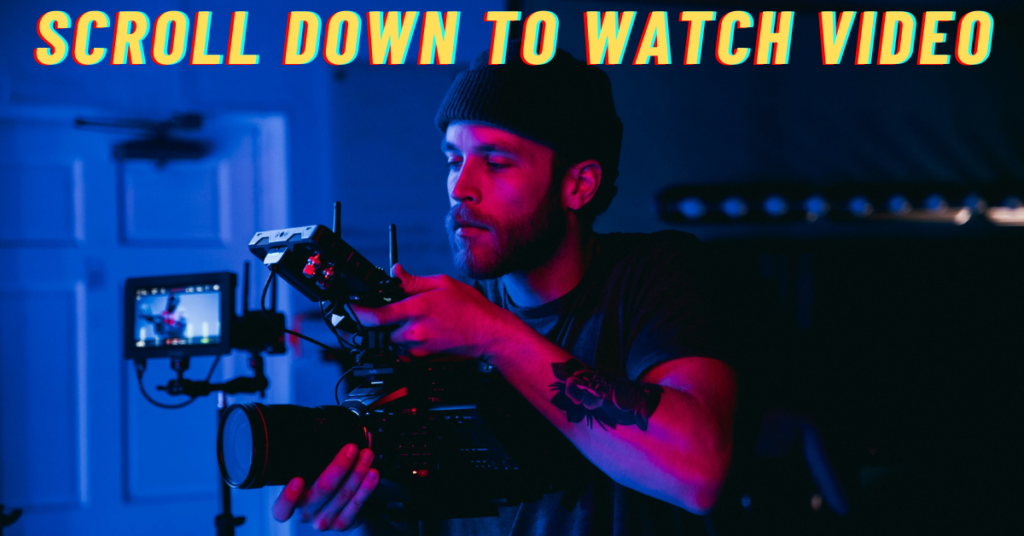
Outline
- Introduction
- Importance of storytelling in videos
- How storytelling enhances engagement
- Why Storytelling Matters in Videos
- Emotional connection with the audience
- Influence on audience behavior
- Memorable content vs. plain information
- The Science Behind Storytelling
- How stories affect the brain
- The role of emotions in retention
- Psychological triggers in storytelling
- Key Elements of Storytelling in Videos
- Compelling Characters
- Engaging Conflict
- Relatable Emotions
- Resolution and Takeaway
- Types of Video Storytelling
- Brand storytelling
- Customer testimonials
- Behind-the-scenes videos
- Animated storytelling
- Case study narratives
- How to Craft a Powerful Story in Videos
- Choosing the right narrative structure
- Using visuals to enhance storytelling
- Importance of scriptwriting
- Leveraging sound and music
- The role of pacing and editing
- Examples of Effective Storytelling in Videos
- Case study of successful brands
- Viral storytelling campaigns
- Lessons from movie storytelling
- How Storytelling Improves Video Marketing
- Increased viewer retention
- Higher engagement rates
- More conversions and brand loyalty
- The Future of Storytelling in Videos
- AI and storytelling
- Interactive and immersive storytelling
- Personalization in video content
- Conclusion
- Recap of storytelling benefits
- Encouragement to leverage storytelling in videos
- FAQs
- What makes storytelling effective in videos?
- How do I structure a compelling video story?
- What are common mistakes to avoid in video storytelling?
- How long should a storytelling video be?
- What tools can help enhance storytelling in videos?
Introduction
In today’s fast-paced digital world, capturing and retaining audience attention is more challenging than ever. One of the most effective ways to engage viewers is through storytelling in videos. Whether it’s a short ad, a documentary, or a social media clip, storytelling transforms plain content into memorable, emotional, and impactful experiences.
Why Storytelling Matters in Videos
Emotional Connection with the Audience
Humans are naturally drawn to stories. They evoke emotions, build connections, and make content relatable. Instead of just presenting information, storytelling allows brands and creators to forge a personal bond with their audience.
Influence on Audience Behavior
A well-told story can inspire action, whether it’s buying a product, signing up for a service, or supporting a cause. Viewers are more likely to respond positively to messages that resonate with them emotionally.
Memorable Content vs. Plain Information
Studies show that people remember stories far better than plain facts or statistics. A story adds context, making content stick in the viewer’s mind for longer.
The Science Behind Storytelling
How Stories Affect the Brain
When we hear a story, our brain releases oxytocin, the hormone responsible for empathy and trust. This strengthens emotional connections and enhances engagement.
The Role of Emotions in Retention
People remember how a story made them feel, rather than just the details. Emotional triggers like joy, surprise, sadness, and excitement make content more powerful.
Psychological Triggers in Storytelling
Elements like curiosity, conflict, and relatability keep viewers hooked. A well-structured story follows an emotional arc, maintaining engagement throughout.

Key Elements of Storytelling in Videos
Compelling Characters
Every great story needs characters that the audience can relate to and root for.
Engaging Conflict
Conflict adds tension, making the story exciting and rewarding when resolved.
Relatable Emotions
Whether it’s happiness, frustration, or inspiration, emotions drive the story forward.
Resolution and Takeaway
A satisfying conclusion ties everything together, often delivering a powerful message or lesson.
How to Craft a Powerful Story in Videos
- Choose the right structure (beginning, middle, end)
- Use strong visuals to enhance emotion
- Write a compelling script
- Leverage music and sound effects to set the mood
- Maintain good pacing through editing
Examples of Effective Storytelling in Videos
- Nike’s “You Can’t Stop Us” campaign – Showcased unity through split-screen storytelling.
- Coca-Cola’s holiday ads – Created emotional connections through heartfelt narratives.
- Apple’s product launch videos – Combined storytelling with innovation.
How Storytelling Improves Video Marketing
- Boosts engagement by keeping viewers invested
- Increases retention rates by making content memorable
- Encourages conversions by creating an emotional connection
The Future of Storytelling in Videos
- AI-powered storytelling to personalize experiences
- Interactive videos allowing viewers to shape the story
- Augmented and virtual reality for immersive storytelling
Conclusion
Storytelling is the heart of impactful video content. It creates emotional connections, drives engagement, and makes messages memorable. Whether you’re a brand, marketer, or content creator, mastering storytelling will elevate your video content to new heights.

FAQs
1. What makes storytelling effective in videos?
A clear structure, emotional depth, and relatability make storytelling powerful in videos.
2. How do I structure a compelling video story?
Start with an engaging introduction, build tension, and provide a satisfying resolution.
3. What are common mistakes to avoid in video storytelling?
Avoid overly complex plots, lack of emotional connection, and poor pacing.
4. How long should a storytelling video be?
It depends on the platform, but ideally between 30 seconds to 3 minutes for most social media and marketing videos.
5. What tools can help enhance storytelling in videos?
Tools like Adobe Premiere Pro, Final Cut Pro, and Canva can help with editing and visual storytelling.
